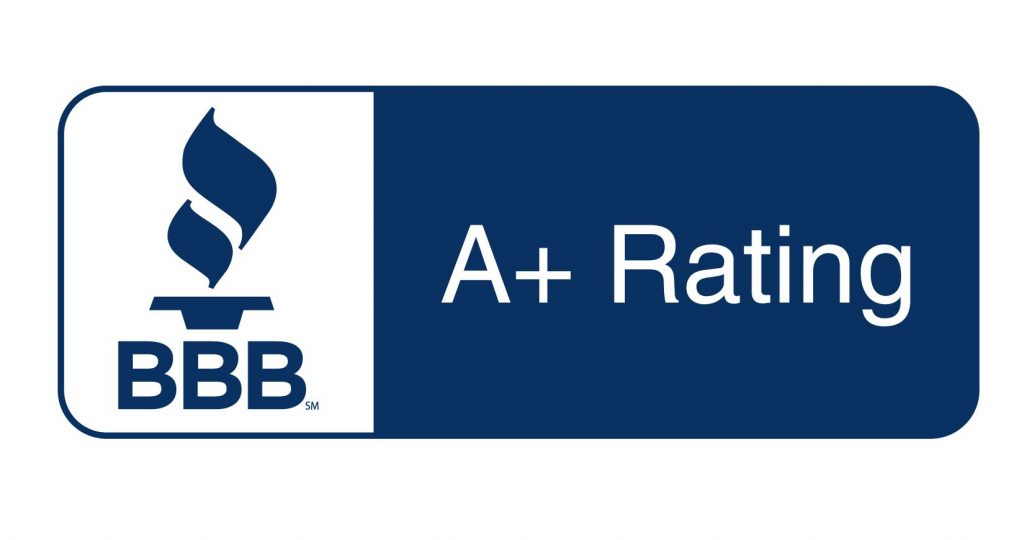Have you made any resolutions for the new year? With 2024 just around the corner, we’ve had a few clients tell us that one of their goals for the new year is to stop smoking! Many people choose to kick the nicotine habit with the help of a smoking-cessation medication. Chantix is one of the more well-known medications. But does Medicare cover Chantix? Let’s find out.
Which Parts of Medicare Cover Chantix?
Medicare Part D provides prescription drug coverage. Most beneficiaries have either a stand-alone Part D plan or one included within their Medicare Advantage (Part C) plan. Either way, both those parts of Medicare offer coverage for medications that can help you quit smoking.
The most common smoking-cessation medications include:
- varenicline (Chantix)
- bupropion (Zyban)
- nicotine replacement therapies via nasal spray and inhaler
Medicare Part B also offers some coverage in this area, though not with the prescriptions themselves. Part B covers eight counseling sessions during a 12-month period. You can have four sessions each time you try to quit, and Medicare allows for two attempts per calendar year. The counseling sessions are 100% covered by Medicare Part B, as long as the provider accepts Medicare.
Chantix and Other Smoking-Cessation Options
Chantix is just one of several medications that help people quit smoking. It works by interacting with receptors in the brain, preventing you from experiencing as much pleasure when you smoke as you otherwise would. Chantix also decreases nicotine withdrawal symptoms.
Healthcare providers usually prescribe smoking-cessation medications in a 12-week supply. Sometimes, a second round of 12 weeks is necessary. You should begin taking Chantix one week to one month before you wish to fully quit smoking.
As we mentioned, Chantix is not the only option. Bupropion is an alternative medication that works as Chantix does. The brand-name version is called Zyban. It helps reduce withdrawal symptoms and nicotine cravings.
Nicotine replacement therapies are typically for people who have stopped smoking but use other forms of tobacco. You can find replacement therapy in the form of sprays, inhalers, lozenges, patches, and gum. These are often available without a prescription, but that means that they won’t be covered by Medicare as Medicare does not offer over-the-counter drug coverage.

Cost of Tobacco-Cessation Prescriptions
Even if your Medicare plan covers Chantix or other tobacco-cessation medications, you’ll likely still have some cost-sharing responsibilities. Each Part D plan is different, with varying copays and drug tiers.
Beneficiaries who need help with prescription costs should chat with one of our advisors to find out if they qualify for Extra Help. People with more limited incomes may qualify for Extra Help, which provides financial assistance for prescription costs.
It may also be worth comparing your costs under Medicare versus a prescription savings program like GoodRx. Sometimes, Chantix or other medications can be more cost-effective under the savings program than with your Medicare plan. If you find a savings program is cheaper, let your pharmacist know you’d like to use that program instead of your Medicare coverage.
More than half of all adults who smoke try to quit each year. Smoking cessation drugs and counseling will help improve your chances of being successful. If you would like to know if your Medicare plan offers coverage, reach out to the advisors at Carolina Senior Benefits today.





